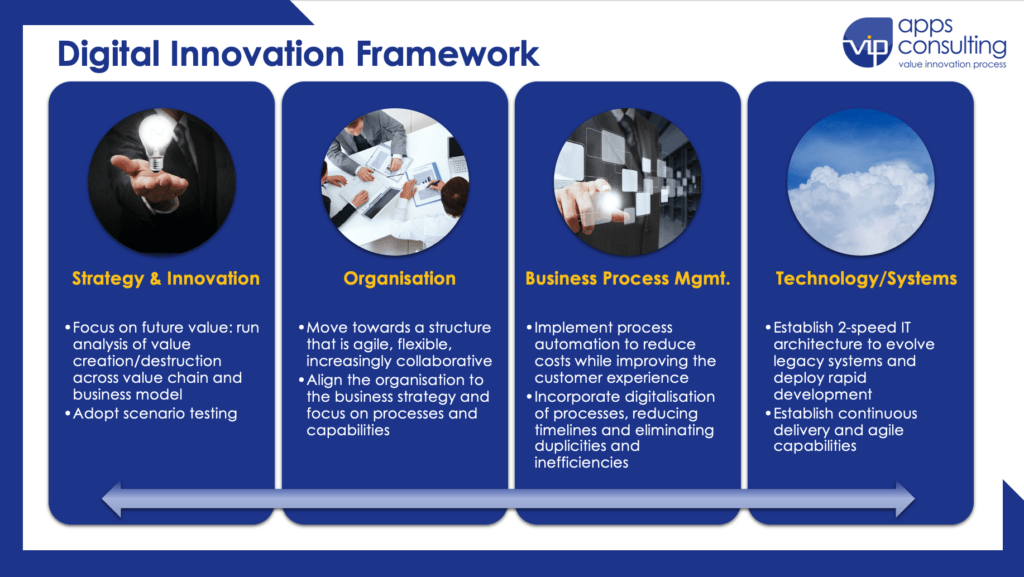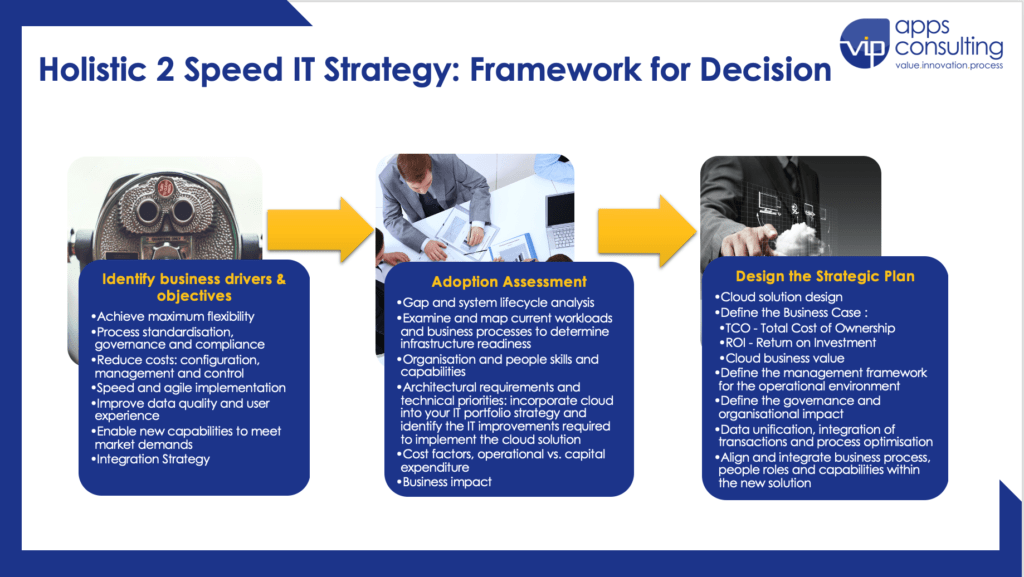Asset Finance Technology Seminar – Session Briefing
The Finance and Leasing Association (FLA) recently held the Asset Finance Technology Seminar, where they explore the impact technology is having in the sector and the opportunities it offers. Our Managing Director, Daypesh Patel was invited to share our insights on core technology strategies for operational excellence via process automation and cloud-based solutions, followed by a panel session Simon Goldie ( Head of Asset Finance, FLA), Ylva Oertengren (Chief Operating Officer, Simply) and Nick Vanstone (Sales Director – Business Information Go To Market, Experian UK & Ireland).
Few will dispute today that technology advances are profoundly impacting the business world. The possibilities opened by the rapid unfolding of innovation are transforming the way we work and operate in our organisations. New technology trends have the potential to both drive disruption and create business opportunities. However, in some cases, it is less clear what these changes mean for the leasing and asset finance industry and how we can sustainably adapt them.
The theme, Why Tech Matters – Digital Transformation Strategy, is a topic subject to a broad set of interpretations. Daypesh opened the seminar by defining digital transformation as the process of using technology to enable innovation across both internal and external systems and internal and external customer touchpoints. A digital transformation strategy requires a framework that aims to help organisations understand what they are trying to solve and can work as a roadmap:

Underpinning all these is technology, and a way to approach technology innovation across the entire enterprise is by a 2-speed (bi-modal) IT architecture strategy, that combines the benefits of an agile approach and the stability of traditional core system changes. A 2-speed IT strategy allows all sized companies to accelerate the release of innovative products and applications that could make a substantial difference to customers while maintaining legacy IT systems that are less innovative but are mission critical for the stability of the business. A 2-Speed IT strategy could involve the agile implementation of process automation via AI/RPA for a subset of external customer focused touchpoints vs. longer term introduction of similar innovations into core back-office servicing software.
When looking at specific innovation enablers like Process Automation Technologies, an interesting and important question was raised: should we start with the process assessment or the technology selection? Great benefits come from preparing a business case, a proof of concept and a process assessment on some key focused areas. Business process management allows us to view how the current workflows are working and incorporate new improvements and document processes. So once the organisation has gone through this exercise of analysing existing processes, identifying which are the best candidate for automation and why and building the business case, we can then choose from the different tools available such as robotic process automation (RPA), intelligent automation (IA) and process mining, etc., to address the problem.
Cloud implementation programs have become a priority for almost all IT organisations. They are at the core of any digital transformation strategy, as they can drive significant improvement in existing infrastructure and processes. As more and more of the IT landscape is shifting to the cloud, the typical enterprise will be dealing with multiple commercial clouds operating their applications and database. Like with any other type of service, organisations will benefit from the right vendor for the kind of service they seek.
Daypesh presented a comprehensive view of what is required for a successful digital transformation journey, from the preparation, strategy and execution where organisations ‘rethink’ business aspects beyond the technology solution:

Ylva Oertengren, COO at Simply, presented Simply as a case study and took us through their strategic journey and how they built their operational platform and the steps that they took. ‘It’s all about the customer’ is one of their design principles and the theme that underpins everything across all the departments and roles at Simply. They started defining the customer and the type of relationship and customer experience they wanted, and from that point, they selected the technology. They often find themselves challenging if something will add value to the customer journey. At Simply, technology is the tool to deliver the customer experience. They build their technology strategy as modular, acknowledging that there isn’t one system that can do all for them so, they work like Lego finding different pieces and arranging them in a way that works for them. If something does not work, they swap it out for something better. They are continually innovating, and instead of focusing on being agile, they focus on building for change.
Nick Vanstone, Sales Director – Business Information, Go To Market at Experian UK & Ireland, discussed the use of commercial credit data within the finance and leasing space. The evolution of the data and boundaries in the use of data and how they overcome issues such as processing and reducing data sharing times.
The seminar concluded with an interesting Q&A panel discussion.
The FLA runs a busy schedule of events during the year, for more information visit: https://www.fla.org.uk/events-and-training.
If you want to learn more about our business process first approach to technology innovation and automation, get in touch with our team today!
About VIP Apps Consulting
VIP Apps Consulting provide business process management and technology consulting services. We operate in the intersection of technology and business, combining deep business and industry insight with the understanding of how technology and innovation impact the industry and business model. Our unique process-driven approach and AMOBI and DELIVER proprietary methodologies deliver greater value and efficient business outcomes, minimising cost and risk. Our team has extensive experience within the Equipment Leasing and Vehicle Asset Finance industry with the knowledge, capabilities and operational expertise, to help organisations assess and implement change.









